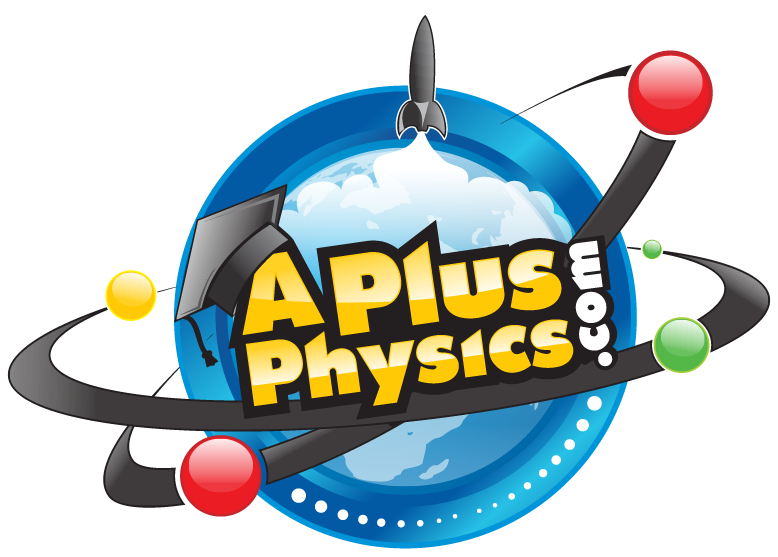the physics behind rockets
How does physics relate to rockets?
How can people caluculate how rockets will fly given the parameters? Rockets fly mainly because of newton's third law and the conservation of momentum. Newtons's third law states that for every action, there is an equal and opposite reaction. To figure out how a rocket will accelerate you would need to learn about momentum. when a rocket is moving through space with a constant velocity, it is very simple to calculate its momentum. The equation for momentum is p=mv. This is momentum (p) equals mass(m) times velocity(v). This also includes direction; if an object changes direction, the velocity and momentum of the rocket will change. Momentum conservations states that the total momentum of an isolated system must emian constant. A rocket sitting on a launch pad or at rest in space has zero veocity and zero momentum. when the rocket starts up, chemicals within the rocket fuel thrust the burned rocket fuel out the back of teh rocket at a very high speed. this creates a large backwards mometum, creating the rocket to be able to lift off of the ground. Because the rocket has a large backwards momentum, this means that the rocket has the same forward momentum. The rocket must accelerate forward to get the needed forward momentum.
Watch the attached video it explains rockets more in depth very welll and connects it to other things! Even though the video is 15 minutes its worth it to watch! Hope you like it ![]()


0 Comments
Recommended Comments
There are no comments to display.